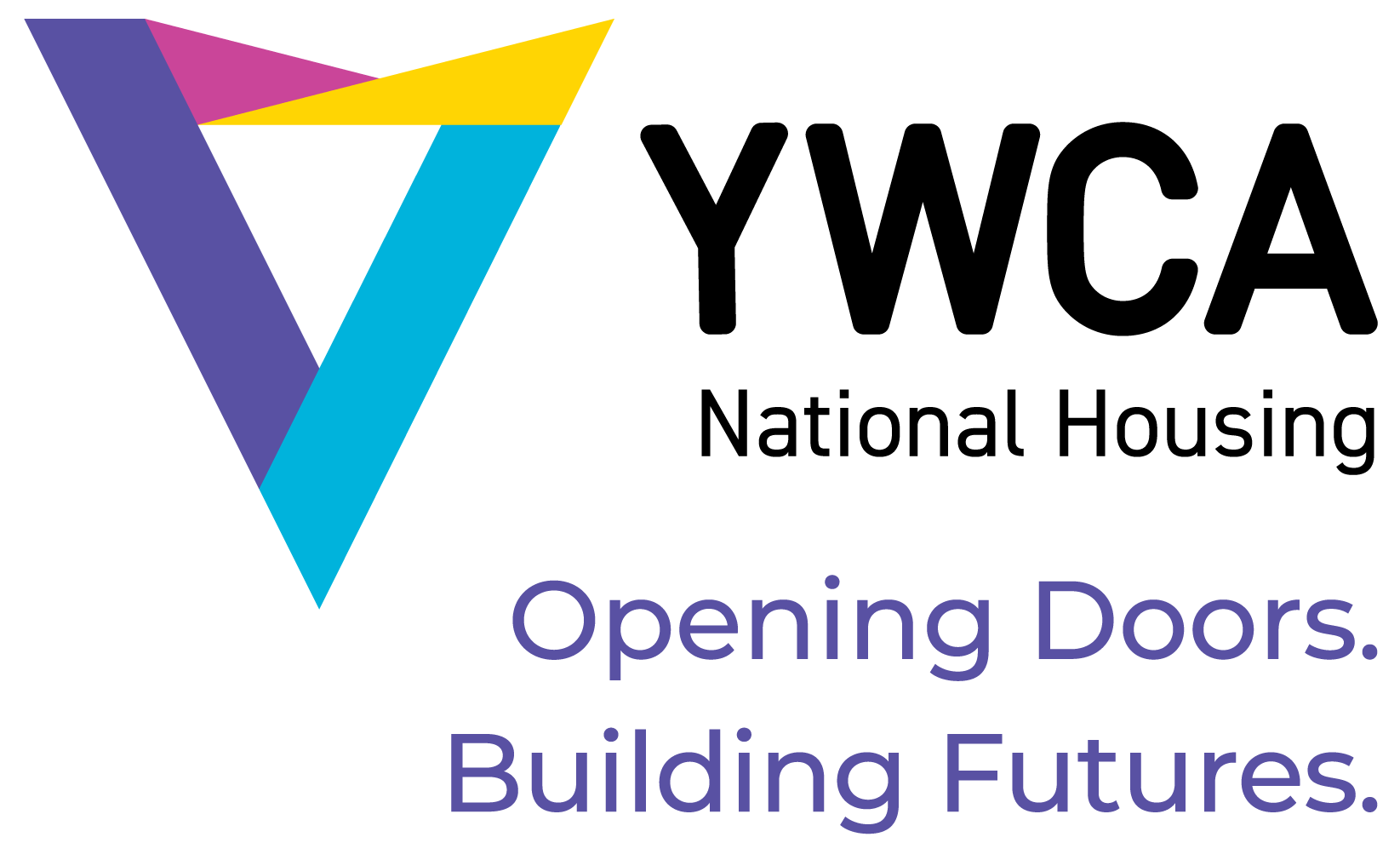Women face some of the biggest housing affordability challenges in our community with poverty, financial inequality and other structural barriers placing them at risk of significant housing stress and homelessness.
There has been a 10% increase in homelessness among women since 2011. In particular, the number of older women experiencing homelessness grew 31% from 2011-2016.
Almost 70% of the women housed by YWCA National Housing have experienced family violence, many of whom lack access to appropriate trauma counselling, employment, training or financial assistance. Many women arrive at YWCA with little or no money, savings, belongings or possessions.
Women make up the majority of people utilising housing support systems, including public housing tenants, Commonwealth Rent Assistance (CRA) recipients and those approaching specialist homelessness services (i.e. family violence services).
Women’s economic disadvantage also contributes to instability in housing. Workplace Gender Equality Agency data consistently reports that men out-earn women in every industry and across all occupations, and women disproportionately occupy part-time and casual employment. Women also retire on average with around half the superannuation of men.
Access to safe, secure and affordable housing is fundamental in ending social, educational and economic inequality for women. A gender-specific approach to housing and homelessness is essential.



